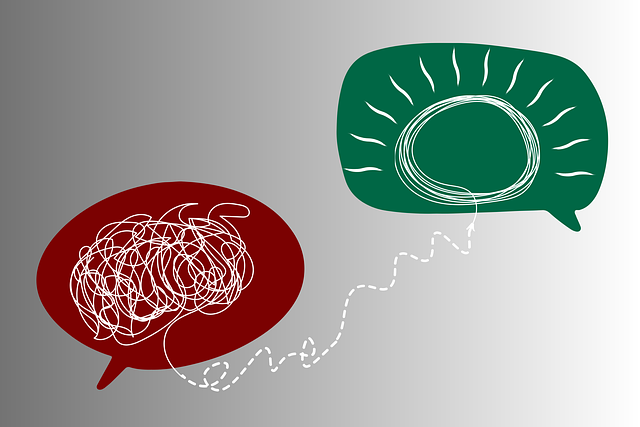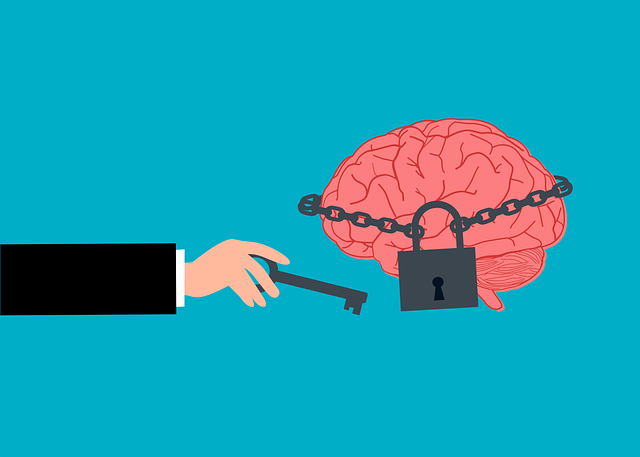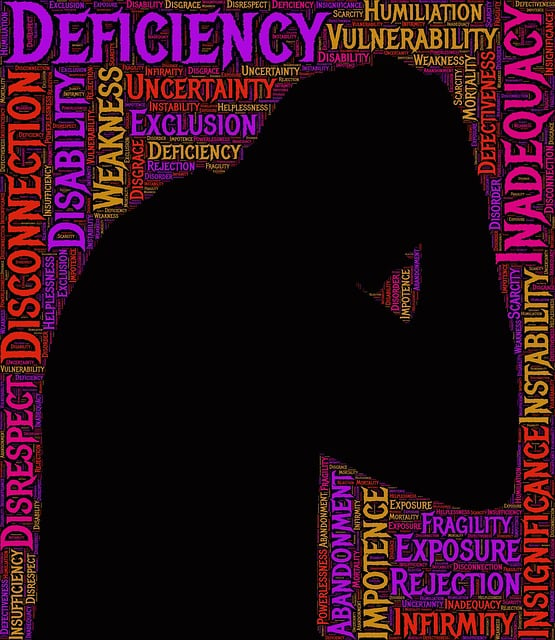Mental wellness journaling, a powerful tool in Englewood Somatic Experiencing (ESE) Therapy, promotes healing and self-discovery through reflection and writing. By combining mental and physical connections, ESE journaling helps individuals process emotions, release anxiety, and retrain negative thought patterns. Consistency is vital; dedicate time regularly to document thoughts, feelings, and bodily sensations to enhance emotional intelligence, foster personal growth, and navigate life's challenges effectively.
“Unwind your mind and embark on a journey of self-discovery with mental wellness journaling. This powerful practice, enhanced by Englewood Somatic Experiencing (ESE) Therapy techniques, offers a sanctuary for processing emotions, tracking progress, and cultivating mental resilience.
In this comprehensive guide, we’ll explore the benefits of regular journaling, delve into ESE’s role in deepening your practice, and provide practical tips to establish a transformative routine, all designed to support optimal mental health.”
- Understanding Mental Wellness Journaling: Unlocking Self-Reflection and Healing
- The Role of Englewood Somatic Experiencing (ESE) Therapy in Enhancing Journaling Practice
- Creating a Transformative Journaling Routine: Tips and Techniques for Optimal Mental Health
Understanding Mental Wellness Journaling: Unlocking Self-Reflection and Healing

Mental Wellness Journaling is a powerful tool for self-discovery and healing. By committing time to reflect and write about one’s thoughts, feelings, and experiences, individuals can unlock insights into their mental and emotional states. This practice fosters resilience building, enabling people to navigate life’s challenges with increased adaptability and strength. Through the written word, one can process emotions, gain perspective, and cultivate a deeper understanding of themselves—a cornerstone of Englewood Somatic Experiencing Therapy.
Journaling offers a safe space for self-exploration, allowing individuals to confront and release pent-up emotions, including anxiety relief. By applying mind over matter principles, people can retrain their thought patterns, challenge negative beliefs, and cultivate positive self-talk. This process facilitates personal growth, enhances emotional intelligence, and empowers individuals to take ownership of their mental wellness journey.
The Role of Englewood Somatic Experiencing (ESE) Therapy in Enhancing Journaling Practice

Englewood Somatic Experiencing (ESE) Therapy offers a unique and powerful approach to enhance mental wellness journaling exercises. This therapy focuses on the deep connection between the mind, body, and emotions, which can significantly benefit individuals looking to improve their self-esteem and overall emotional healing processes through journaling. By integrating somatics into the journaling practice, users can access and process repressed or traumatic memories, leading to a more profound self-awareness and personal growth.
ESE therapy’s risk assessment for mental health professionals is a critical aspect that ensures safe and beneficial practices. Journaling, when combined with somatic techniques, allows individuals to confront and release emotional blocks, fostering a healthier mindset. This holistic approach encourages individuals to explore their feelings, understand triggers, and develop coping mechanisms, ultimately enhancing the effectiveness of journaling as a therapeutic tool for emotional healing and self-reflection.
Creating a Transformative Journaling Routine: Tips and Techniques for Optimal Mental Health

Creating a transformative journaling routine can be a powerful tool for enhancing mental wellness and cultivating self-awareness. It’s a personal practice that allows individuals to explore their thoughts, emotions, and experiences in a safe and reflective space. To begin, set aside dedicated time each day or week for your journal, establishing a consistent ritual. This consistency is key to reaping the benefits; regular reflection can help identify patterns in thinking and behavior, enabling you to make more informed decisions about your mental health.
Consider incorporating techniques like those taught by Englewood Somatic Experiencing Therapy (SE) to maximize the impact of your journaling. SE emphasizes the connection between physical and emotional states, encouraging individuals to tune into their bodies’ responses. When writing, pay attention to any sensations or memories that arise; these can offer valuable insights into unprocessed emotions. Additionally, focus on present-moment awareness by reflecting on daily experiences and how they influence your mental state. Remember, journaling is a personal process; experiment with different prompts, formats, and styles until you find what resonates best for your unique journey towards optimal mental health, stress management, and burnout prevention.
Mental wellness journaling, enhanced by practices like Englewood Somatic Experiencing (ESE) Therapy, can be a powerful tool for self-reflection and healing. By incorporating reflective writing and mindful techniques into your daily routine, you can create a transformative journaling practice that promotes optimal mental health. Remember, consistency is key; whether it’s a few minutes each day or a more extensive weekly reflection, the act of putting pen to paper (or fingers to keyboard) allows for processing emotions, gaining insights, and fostering resilience. Embrace this journey towards better mental wellness, one entry at a time.














